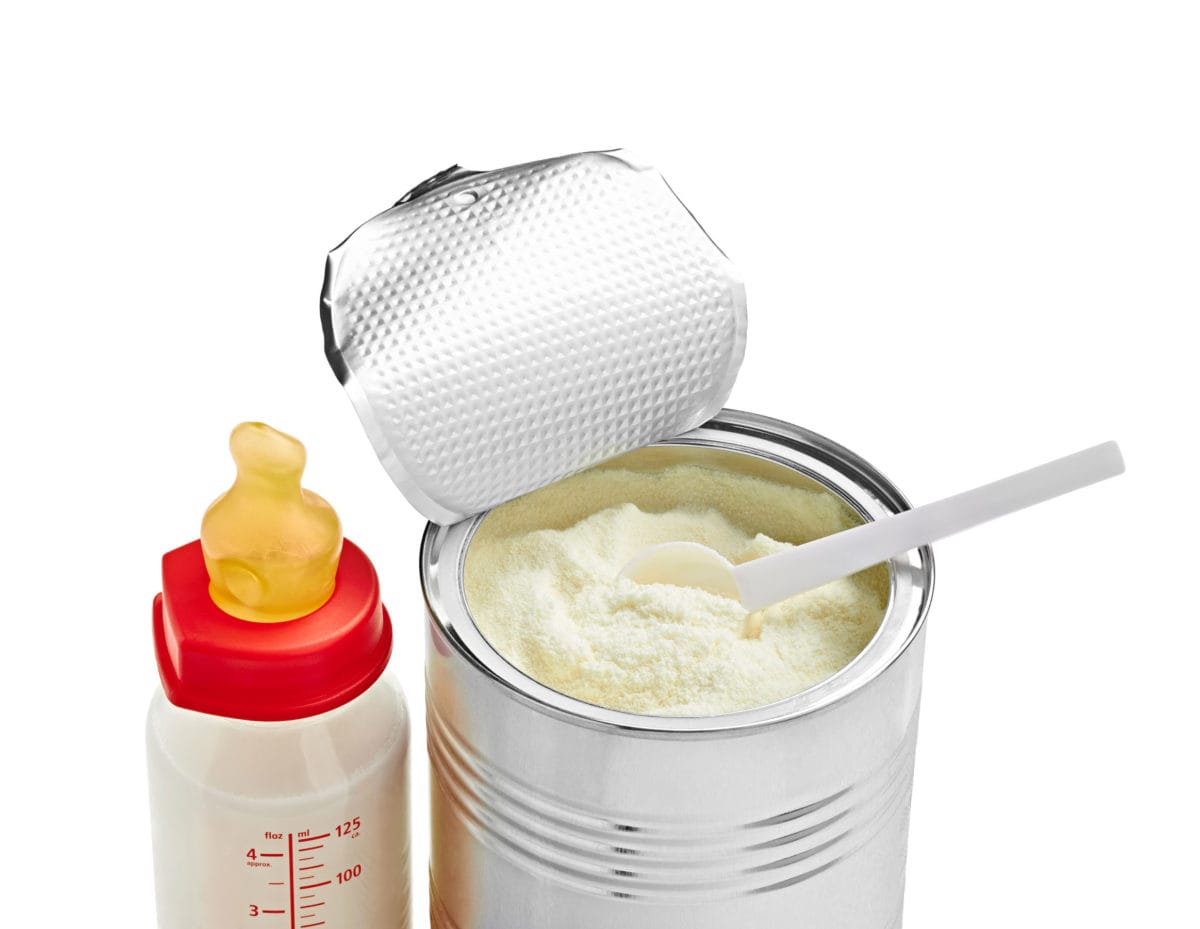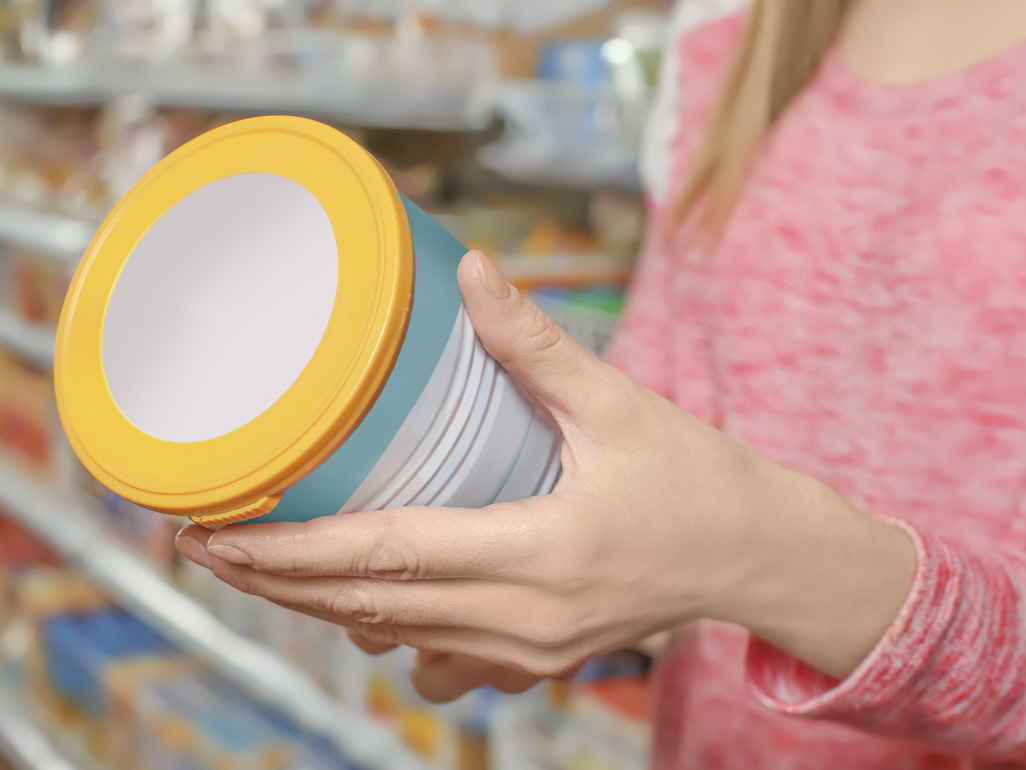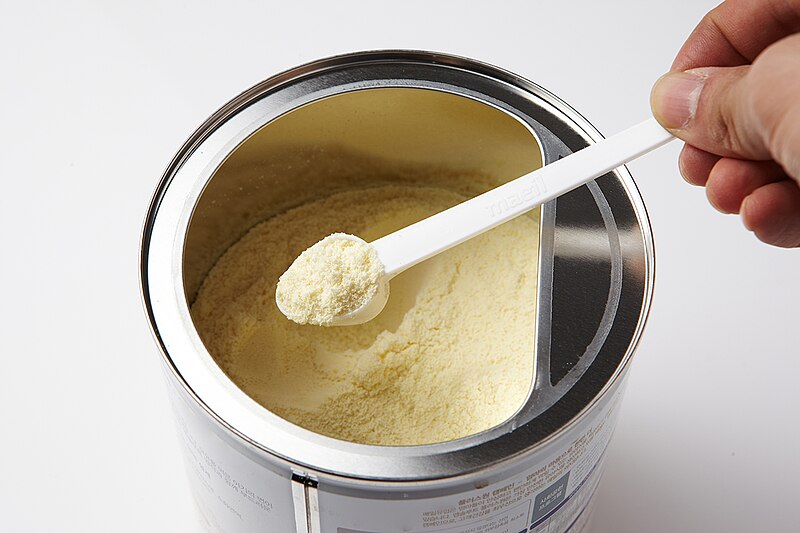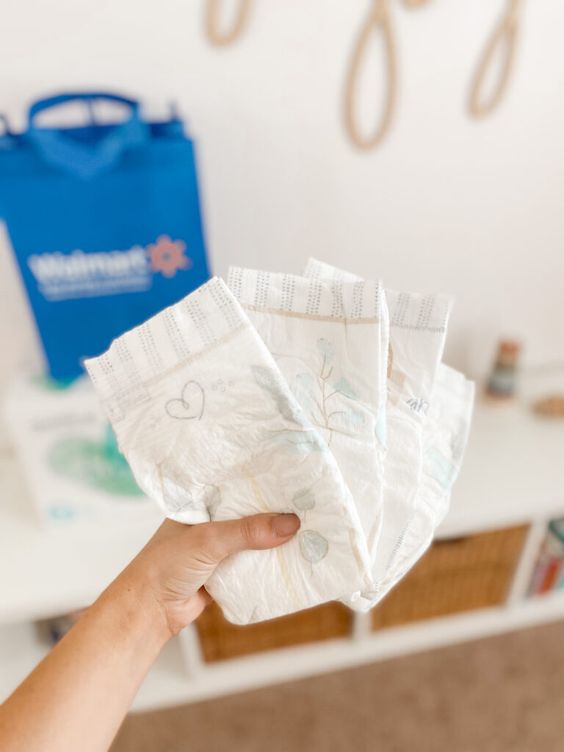As a parent, ensuring your baby has the nourishment they need is a top priority. Unfortunately, the ongoing baby formula availability issues have made finding the right formula a significant source of stress for many families. Let’s dive into how to navigate this challenge and ensure your little one has the nutrition they need.
Why is There a Formula Shortage?
The baby formula shortage of 2022 and its ongoing effects highlight the complex interplay of several interlinked factors:
Supply Chain Disruptions: The COVID-19 pandemic’s global impact significantly disrupted supply chains. Manufacturing and distribution of essential ingredients and packaging materials for formula faced delays and shortages. Limited availability of labor further exacerbated these challenges.
Contamination and Recalls: In February 2022, concerns arose regarding potential bacterial contamination at a major formula manufacturing facility. This led to a large-scale recall, removing a significant portion of formula brands from the market, creating a substantial supply gap.
Panic Buying and Consumer Behavior: News of the recall, coupled with pre-existing anxieties about supply chain issues, triggered panic buying among some consumers. This resulted in hoarding by some individuals, further reducing available stock for others, especially those who rely on specific formulas for their babies.
Market Consolidation and Dependence: The US formula market is dominated by a small number of large manufacturers. Consequently, when one major player experiences production issues or recalls, it has a disproportionate impact on overall availability. This dependence highlights the need for a more diverse and resilient supply chain in this critical market.
Regulatory Restrictions: The US has strict regulations regarding the importation of formula, aiming to ensure safety and quality. While crucial, these regulations can also create barriers to accessing alternative sources from other countries, especially during times of shortage.
Socioeconomic Disparities: The shortage has disproportionately affected low-income families and those who rely on government assistance programs like WIC (Women, Infants, and Children). These families often have limited access to information and resources, making it even harder to navigate the complex landscape of finding formula.
Where to Look for Formula?
Despite the challenges, there are steps you can take to increase your chances of finding the formula your baby needs:
-
Start with Your Pediatrician: Your child’s doctor is the best person to advise on suitable formulas. They may also have samples on hand or resources to help locate your baby’s specific brand.
-
Check Your Local Stores: While stock varies greatly, call around to smaller grocery stores, pharmacies, and even big box stores in your area. Some may have inventory or only allow limited purchases per customer, helping increase availability.
-
Shop Online: Many online retailers carry baby formula. However, beware of inflated prices from third-party sellers. Shop reputable sites and try looking for formula bundles for possible discounts.
-
Community Resources: Look into organizations in your area providing formula or financial assistance to families. Food banks, women’s shelters, or local social services might be helpful resources.
-
Social Media: Join parenting groups online as members often share leads on formula availability. Local “buy nothing” groups within your community are also worth a try.
Tips for Finding the Right Formula
Finding baby formula during a shortage can feel like a scavenger hunt. While traditional retail outlets remain essential, here’s a broader perspective on potential avenues to explore:
Traditional Retailers:
-
Call around: Don’t limit yourself to your closest store. Call nearby pharmacies, grocery stores, and big-box retailers to inquire about stock and potential purchase limitations.
-
Consider smaller stores: Smaller stores might have received less attention during panic buying, potentially holding unexpected pockets of available formula.
-
Check online store inventories: Many retailers offer online inventory checks. While not foolproof, this can provide a general sense of availability before heading out.
Alternative Sources:
-
Reach out to your pediatrician: Pediatricians often have samples or know of alternative resources within their network. Consult them for guidance and recommendations.
-
Contact local WIC (Women, Infants, and Children) offices: WIC programs offer formula support to eligible families and might have resources to help locate specific brands.
-
Explore community resources: Food banks, social service agencies, and local charities might hold formula drives or offer assistance programs.
-
Check online communities: Join online parenting forums or Facebook groups in your area. Members often share leads on formula availability and can offer support and recommendations.
Ethical Considerations:
-
Avoid price gouging: Unfortunately, some online sellers might inflate prices during shortages. Stay vigilant and stick to reputable retailers with fair pricing.
-
Beware of expired or counterfeit formula: Never compromise on your baby’s health. Always ensure the formula is from a reliable source, within its expiration date, and hasn’t been tampered with.
-
Practice responsible purchasing: While the urge to stock up might be strong, avoid buying excessive quantities. This ensures there’s enough formula available for others in need.
Additional Resources
-
FDA Updates: The FDA website: https://www.fda.gov/food/resources-you-food/infant-formula) provides regular updates on current availability and efforts to improve supply.
-
WIC Agencies: Local Women, Infants, and Children (WIC) offices may be able to provide formula or help you locate it.
-
211 Helpline: Dialing 211 can connect you to social services resources in your area that may assist with formula needs.
Important Reminders
Never Dilute Formula: This might seem like a way to stretch existing supplies, but it’s a dangerous practice. Diluting formula reduces essential nutrients, leading to malnutrition and potential health complications for your baby.
Avoid Homemade Formulas: The allure of creating your own formula might be tempting, but homemade versions lack the necessary nutrients and proper balance critical for babies’ development. Consult with healthcare professionals for safe and effective feeding practices.
Don’t Purchase Expired or Imported Formula: Expired formula can harbor harmful bacteria, posing a serious health risk to your baby. Additionally, avoid imported formulas that haven’t been specifically approved for the US market, as they might not meet essential safety standards or nutritional requirements.
Seek Guidance Before Switching Formulas: While flexibility might be necessary during shortages, switching formulas shouldn’t be taken lightly. Consult your pediatrician to ensure the chosen alternative is safe and suitable for your baby’s specific needs and any potential allergies or sensitivities.
Utilize Reliable Sources: When seeking information and advice on formula, turn to trusted sources like your pediatrician, official government websites like the FDA (https://www.fda.gov/), or reputable medical organizations. Be wary of information circulating on social media or unverified online platforms.
Communicate with Your Pediatrician: Maintaining open communication with your child’s doctor is crucial. Share any difficulties you’re facing in finding formula, and discuss potential alternatives based on your baby’s specific needs and health conditions.
Practice Responsible Shopping: During times of shortage, resist the urge to hoard formula. Buy only what you need for the immediate future, ensuring fair access for other families who might also be struggling.
Report Suspicious Activity: If you encounter unethical practices like price gouging or suspicious formula sources, report them to the appropriate authorities to protect yourself and other families from potential harm.
Conclusion
Finding baby formula in the current situation is undoubtedly stressful. However, remember you are not alone. By seeking help from your pediatrician, trying various sources, and staying informed, you can increase your chances of finding the formula you need to nourish your little one.





